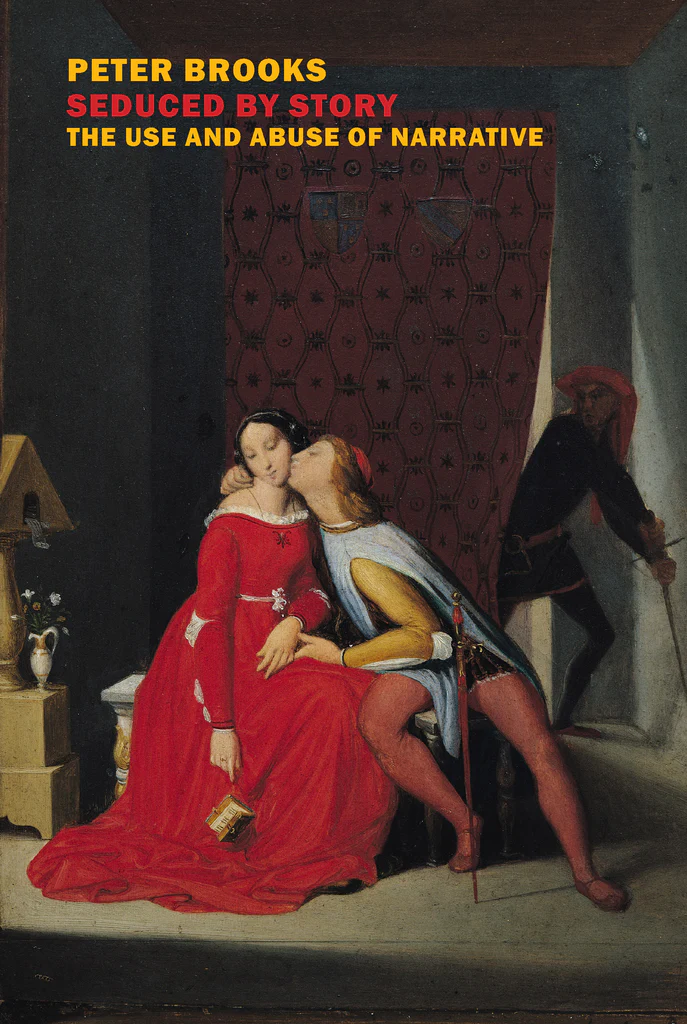Though aimed at the literary humanities—the loose cluster of English, philosophy, history, and theological studies that, if current debates are any indication, have fallen on hard times—Peter Brooks’s Seduced by Story (New York Review Books) points to the real-world implications of narratives beyond the academy. “[A]ttention to the ways that narrative works as system and as rhetoric…should prove useful in promoting clarity of thought about our desire and our need for narrative,” Brooks asserts. Paradoxically, the bulk of his corroborations arrive from canonical writers. Faulkner, Conrad, Dumas, Henry James: there’s a baked-in difficulty to decrying the proliferation of cliched stories while presenting works that, in their difficulty levels, are ignored by average readers. But therein lies his point, and its beauty. By focusing on the uniqueness of certain narrative functions and encouraging their place, by way of academic instruction, in informing public life, Brooks achieves a rare feat in our diametric era of elites and populists. He is aiming high while reaching back and pulling up the rest of us with him.
By Brooks’s own admission, the genesis of Seduced comes from his previous (and iconic) Reading for the Plot. That book dealt with the act of literature imbuing one’s life with a constant series of narrative actions; here, he shows the moral and intellectual rot that arises from depending on the wrong ones. (Or, to be frank, acquiring one’s worth based narrative at all.) Whether examining the politics of recounted stories (as in a chapter titled “The Epistemology of Narrative; or, How Can the Teller Know the Tale”), or the crucial nuances between spoken and written forms of information (“The Teller, the Told, the Difference It Makes”), Brooks is attuned to the responsibility of storytelling—how withholding or believing in certain narrative functions shade human actions. Literature isn’t a scourge; but it isn’t benign, either, and much of the author’s attention goes toward articulating how reading has value beyond the buzzwords of empathy and shared understanding.
This alert of real-world consequences is most acutely felt not in Brooks’s literary criticism, but in the book’s coda, which contends with storytelling’s impact on the law. That the late Antonin Scalia and Sonia Sotomayor would have different opinions on the law, for example, is self-evident; that each—and every—Supreme Court justice is a byproduct of elite institutions is not, and the fact that individuals could come out of relatively equal backgrounds while reaching radically different conclusions on matters of great importance to the populace affirms the prudence in getting humanities education right. Seduced by Story understands it isn’t enough to lean on one’s story as an affirmation or brandish it as a foregone conclusion. Brooks’s interrogation should be our own. His methodologies may mean our survival.



